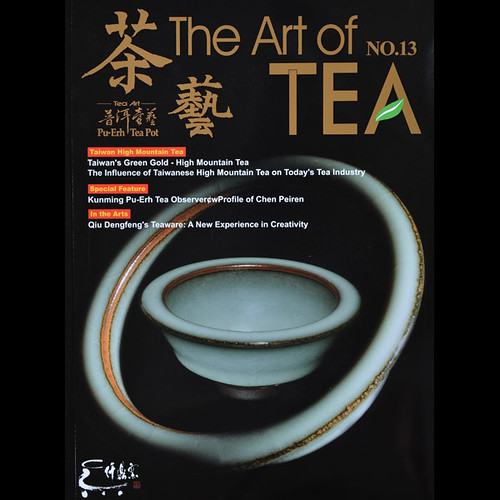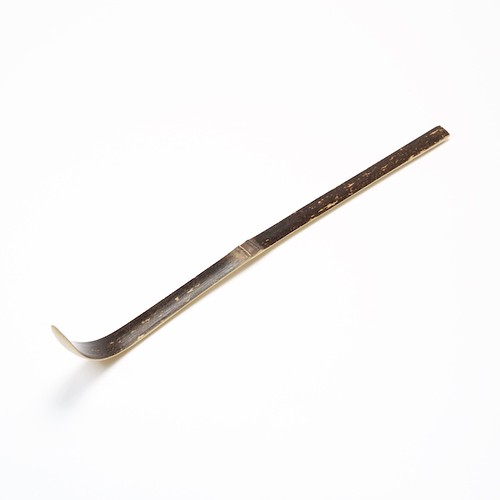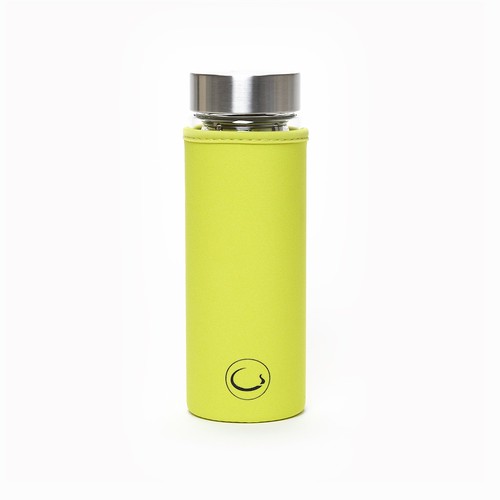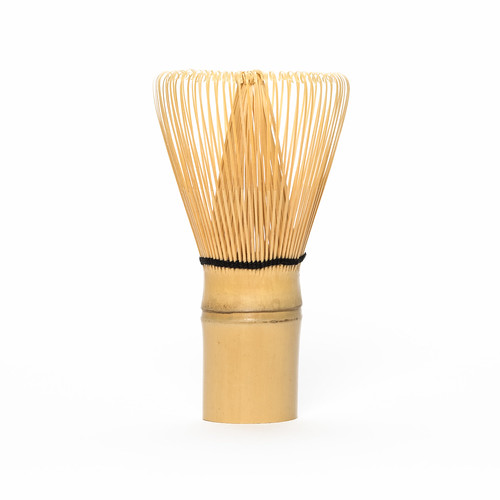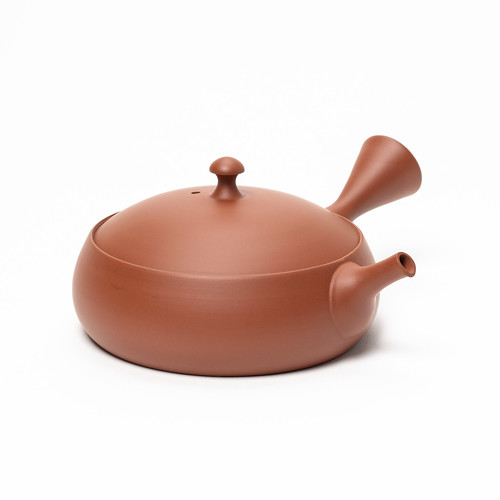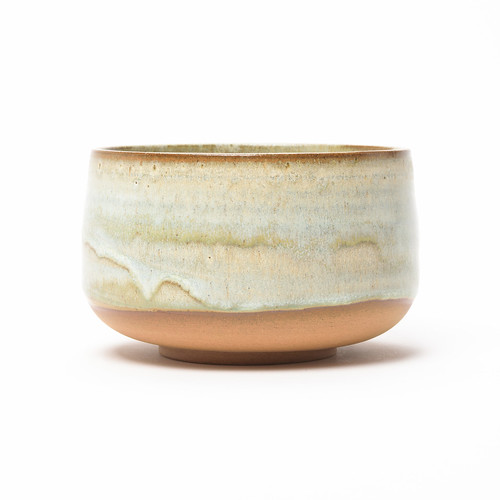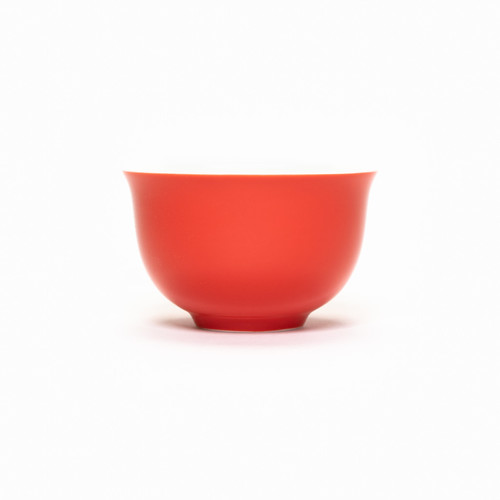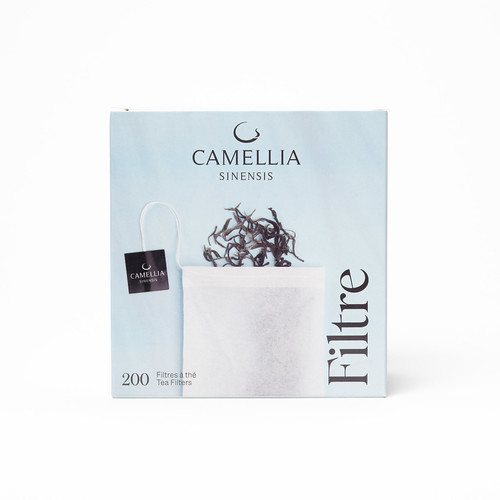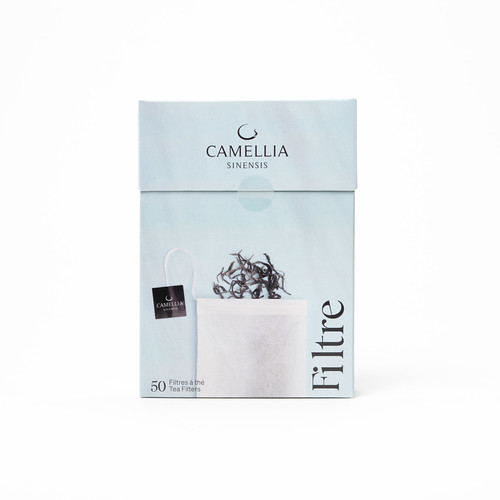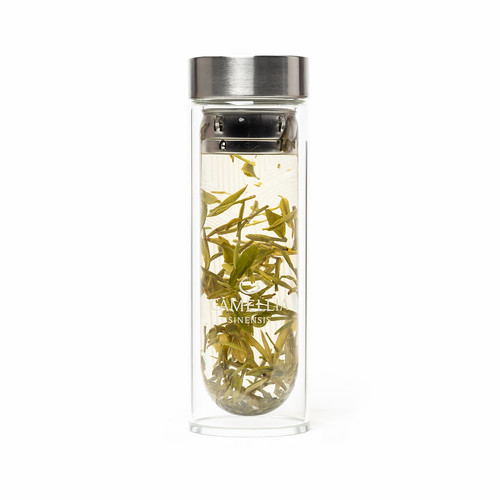
Wulong CHINA (PART 1): THE ROCK TEAS OF OF WUYI SHAN
The mountain of Wuyi (Wuyi Shan), north of the Chinese province of Fujian, is a nature reserve with beautiful landscapes. Cascades of pure water, monumental pillars of stone and, just as spectacular, deep valleys carved into the rock which harbour many plantations of special tea trees. In this most natural setting, on the slopes of rocky cliffs, is where a special type of wulong of age-old origin is produced: the "rock teas" (yan cha).
On some cliffs there are still several original tea trees of the most renowned products of this very specific terroir: Da Hong Pao, Bai Ji Guan, Shui Jing Gui and Tie Luo Han are highly esteemed. Vigilantly guarded day and night, this handful of first generation tea trees now only produces a few hundred grams of tea sold at a high price. However, they have been mother plants for the propagation of identical tea trees now grown for rock teas. Since then, several other cultivars such as Shui Xian Lao Cong and Rou Gui were added to them to make this type of tea a fully fledged family of wulong.

Classified as black wulong due to their woody and mineral character, their large leaves are oxidized to about 40-50% after harvesting, before being grilled for several hours in electric furnaces or, more traditionally, over charcoal (without absorbing smokey notes) depending on the ancestral knowledge that the craftsman carefully applies at each stage of production. The best harvests come from those of spring, these teas have the virtue of softening over the months following their production. Some experts also recommend a 2 or 3 year ageing before tasting. Depending on the particular tea, in infusion, their aromatic character ranges in nuances of woody to spicy notes, caramelized to chocolaty, floral to fruity. Warming and comforting, they are an ideal choice for the cold and wet season. Digestive and tonic, they have the prodigious property of prolonging life ... due to their gourmet flavors, intoxicating and persistent enough to instill the desire to live forever to sip more of these teas!












